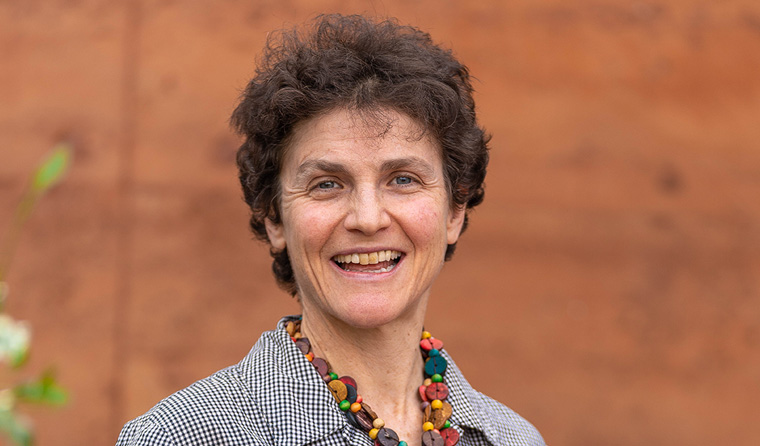News
Where does general practice sit in addressing climate change?
The RACGP has released a position statement on climate change and its impacts on human health.
 Increasing greenhouse gas emissions pose significant threat to the health of humans and our environment.
Increasing greenhouse gas emissions pose significant threat to the health of humans and our environment.
‘Climate change resulting from human activity is affecting our relationship with our environment and presents an urgent, significant and growing threat to health worldwide’ the RACGP writes in its new position statement.
The RACGP acknowledges climate change as a key public health issue and highlights the value of GPs in understanding and communicating its causes, health risks and consequences.
In the statement, the RACGP:
- commits to mitigation and adaptation strategies as an organisation, and promoting and advocating for these among GPs, healthcare organisations and the community
- emphasises the importance of general practice research to inform GPs on climate change and its impact on human health
- advocates for policies to protect human health from risks of climate change at local, state, national and international government levels.
GP Dr Rosalie Schultz is one of the authors of the position statement. She sees climate change as ‘a major threat to human health in the 21st century’.
Citing some of the short-term and long-term effects that are of key concern for human health, Dr Schultz believes these range from environmental, physical and mental.
‘Increasing greenhouse gases in the atmosphere, particularly carbon dioxide and methane, affect earth systems, causing climate change. Heat is retained near the surface of the earth leading to higher temperatures and extreme weather events,’ she told
newsGP.
‘High temperatures present a direct risk in occupations that require people to be outside and those that depend on the environment, particularly agriculture and tourism.
‘Climate change is also contributing to the burden of mental health problems, from distress to depression ... this is associated with changes in both climate and environments.’
 Dr Rosalie Schultz believes GPs can help educate patients and the community on the health impacts of climate change.
Dr Rosalie Schultz believes GPs can help educate patients and the community on the health impacts of climate change.
So where does general practice’s contribution fit in to prevent some of the adverse effects of climate change?
The answer is in many areas, according to Dr Schultz, who agrees with the RACGP’s position that GPs play a key role in mitigating actions and adaptation to climate change at individual and population levels.
‘General practice is an efficient part of the health system [and can help in] reducing both costs and greenhouse gas emissions,’ she said.
‘As community members, GPs can also [contribute individually by] providing high-quality care and keeping people healthy and out of hospital.’
And as part of their provision of holistic care, Dr Schultz believes GPs can incorporate other examples for their patients.
‘Our own practices can reduce [patients’] contribution to climate change through efficiency and reducing waste. Providing an example is a good way to educate people,’ she said.
‘GPs’ professional roles include educating and promoting active transport – for example, walking and cycling – and choosing foods that promote health and contribute less to greenhouse gas emissions. This includes drinking water from the tap rather than a bottle, eating less processed foods and meat, and avoiding food waste.
‘As family doctors, we can also provide pre-conception counselling and prevent unwanted pregnancy.’
Dr Schultz is hopeful that the RACGP having a well-defined position on climate change will send a clear message, particularly as there may be a lack of information on the impacts to human health.
‘It is important to have a concise and accurate statement on climate change and health, formally endorsed with RACGP reputation,’ she said.
‘In today’s world we are often overloaded with information, and it can be difficult to verify the accuracy of what we hear.
‘GPs are at the frontline of healthcare in Australia. With the increasing evidence of disruption to the climate system, their role is to listen and educate, advise, counsel and encourage patients and the community.
‘The RACCP’s position statement on climate change and health focuses on benefits of proactive change and solutions to address climate change. As community leaders some GPs may take on additional roles in advocacy to minimise the harms of climate change to people in Australia and around the world.’
climate change environment RACGP position statement
newsGP weekly poll
As a GP, do you use any resources or visit a healthcare professional to support your own mental health and wellbeing?